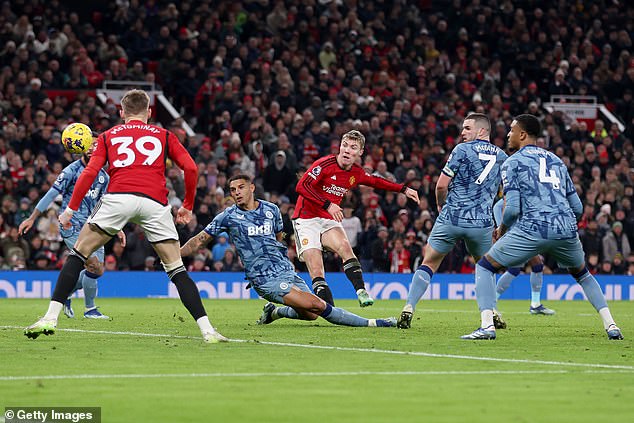It was Christmas night 1991 when I drove from Merseyside to London in a Morris Minor for my first overnight work trip. In fact, the first work trip involved a journey longer than the tunnel connecting Liverpool and Birkenhead.
I checked into the Ibis hotel next to Euston station, feeling like I’d had a great time, and on Boxing Day morning, headed to Shepherd’s Bush for Liverpool’s midday match against QPR in the First Division.
I didn’t care that the game ended 0-0. It may not have been the best game, but it was another chance to see Ray Wilkins play and he had always been one of my favorite players. Clive Wilson and Roy Wegerle were also in that QPR team. They were a decent team.
And I was still pinching myself about being a football reporter, standing on the concrete concourse outside the press room on Loftus Road, talking to Graeme Souness with the rest of the press group after the game and chatting a few words to Jan Molby .
Doing this for a job seemed too good to be true then, just as it does now. Anyway, I loved Boxing Day football. I loved how it was an excuse to get out of the house on a day that always seemed like an anticlimax.
I loved the fact that it marked the moment when football regained control of my life after the Christmas break. And I loved the Boxing Day football tradition and what it originally represented. For many workers in the early decades of the 20th century, its designation as a bank holiday and the fact that it was generally a day off for domestic servants meant that it might be one of the only times they could watch a match.
Boxing Day football has long been one of the most anticipated parts of the English sporting calendar.
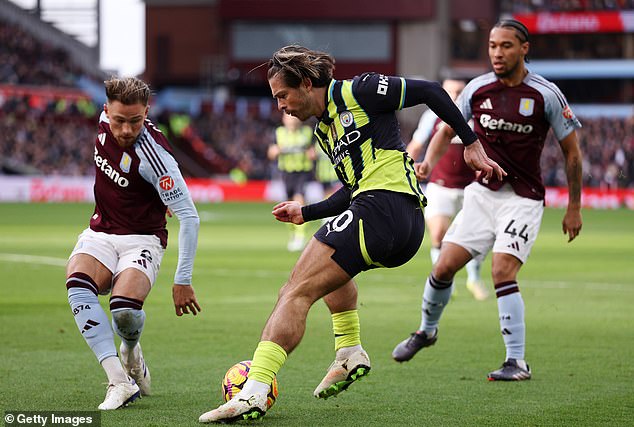
This year’s Premier League matches promise more exciting action the day after Christmas
Many teams used to play on Christmas Day in the years around the First World War, but when that began to shift towards family time, games were moved to Boxing Day, when clubs were also guaranteed big crowds. And that’s why our Boxing Day fixture list feels like a comforting ritual. Going to the football on Boxing Day is as much a part of Christmas for many of us as eating turkey and stuffing and opening presents under the tree. For many, it’s the best part of Christmas escapism.
It is also an annual reaffirmation of the importance of football in our national culture and the wonderfully obsessive loyalty of this country’s fans. In the United States, there are two NFL games and several NBA games on Christmas Day. In the middle of the Christmas holidays in Britain we go to football.
It will be the same this year. Boxing Day is likely to be dominated by the compelling narrative of Manchester City’s ongoing slide, who play at home to Everton in the day’s first match as they attempt to halt their dramatic slide away from the top of the Premier League.
If they lose to Everton, the unthinkable idea that Pep Guardiola’s job as City manager could come under pressure will seem a little more real. Not because City will ever sack him, but because Guardiola may become increasingly bewildered, distracted and dejected by the collapse of his champions.
That history alone will ensure football’s prominence at the center of the Christmas holidays. Let’s face it: as the assault on English football’s traditions accelerates, fueled by the greed of the Premier League and the rapacious demands of broadcasting companies, Boxing Day football is one of the few nods to the past that gives us they remain.
FA Cup replays have been sacrificed. So too, the idea that the FA Cup final should start at 3pm on Saturday and the tradition that the Cup final should be the last act of the domestic season. The television blackout for the 3:00 pm games is the next to be cut. All of this makes Boxing Day football seem even more precious.
Other countries look at us and think it’s strange to have such a busy schedule during Christmas and New Year, but it’s part of our culture and part of what gives our game its identity. There aren’t many points of difference in our homogenized world, but playing professional football on Boxing Day is one of them.
A few years earlier I had reached a point where I became obsessed with watching football, and Christmas games presented an opportunity to indulge that obsession more than any other time of year.
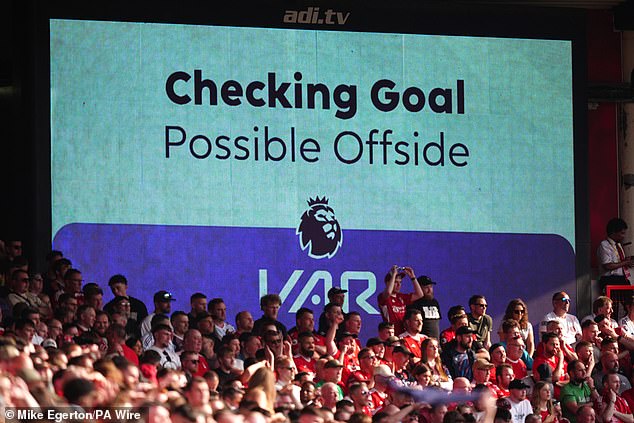
Football has changed enormously in recent years and few traditions are considered sacrosanct.
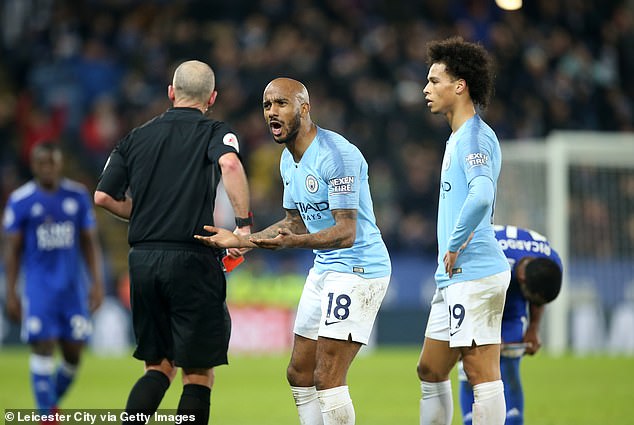
Therefore, it is even more important than ever to celebrate being able to enjoy football again after the Christmas chaos.

On Boxing Day 1983, I went to watch Manchester City play Oldham Athletic at Maine Road in the club’s first season outside the top flight following their famous relegation at the hands of David Pleat’s Luton Town the previous season. I looked at the cover of the show again last week. It’s a photo of the manager, Billy McNeill, pulling out a giant Christmas cookie with his assistant, Jimmy Frizzell. The design made it look like they were inside a giant Christmas pudding, adorned with a sprig of holly.
For those trying to pretend now that City are a club with no history or loyal support, it’s worth noting that there were over 35,000 fans at their 2-0 win over their neighbors that day.
They struggled to overcome the trauma of relegation that season and, although they beat Oldham that day, I associated that team having Jim Tolmie as one of their advanced players with the mediocrity that had befallen City.
That season they finished fourth in the Second Division, just outside the automatic promotion places occupied by Chelsea, Sheffield Wednesday and Newcastle United, one place above Grimsby Town.
I managed to convince myself, until I checked, that I had gone to see three matches that Boxing Day, but it turned out that, not for the first time, I had been exaggerating.
When I looked through the old King’s School Macclesfield exercise book I had commandeered for my carefully guarded record of the matches I attended, the three games were spread over two days. I was at City v Oldham on Boxing Day, Manchester United against Notts County on the afternoon of the 27th and Stockport County against Hereford United on the afternoon of the 27th.
I didn’t watch two games in one day again until the 2022 World Cup in Qatar. United blew it against Notts County when they allowed Justin Fashanu to score two late goals and salvage a 3-3 draw at Old Trafford, but Stockport won 1- 0 in front of 2,287 fans under the lights at Edgeley Park.
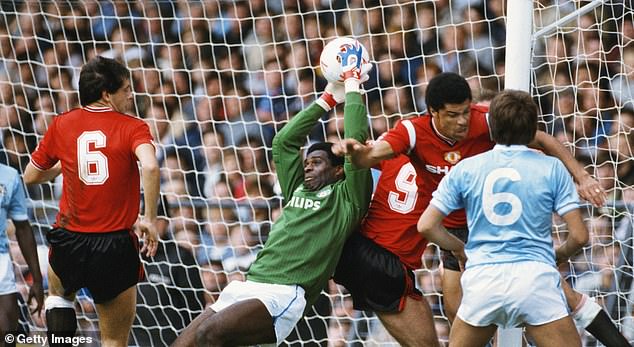
In the 1980s, all First Division teams played on both Boxing Day and 27 December.
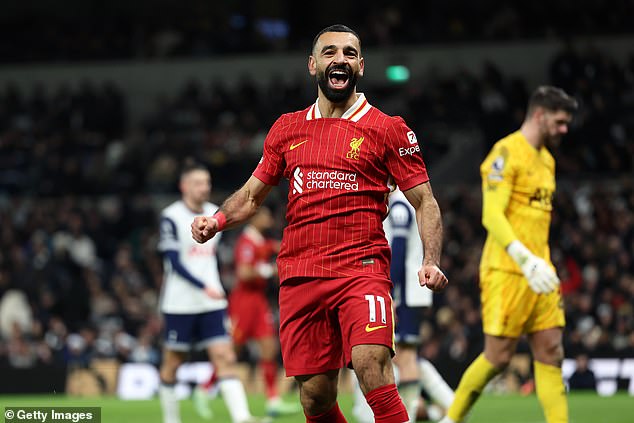
Arne Slot’s Liverpool will close the curtain on this year’s authentic football party

I loved that county team, just as we all love the teams and players we associate with our youth. Micky Quinn, my all-time county hero, was up front. Quinn had scored a hat-trick at Crewe earlier that season. For a Stockport striker back then, that was as good as it got. What a Christmas it was in 1983. The party was at football.
I wonder if today’s Premier League managers, who complain about the festive schedule, realize that back then, Premier League teams played on Boxing Day and then again the next day, December 27. All.
United had played at Coventry the day before drawing with Notts County. Arsenal beat Spurs 4-2 in the north London derby on Boxing Day, but could only draw with Birmingham City on the 27th. It was the same for everyone, throughout the league.
I don’t remember complaining about the workload back then, but maybe my mind is playing tricks on me again. What I do know is that I will be at Chelsea v Fulham this Boxing Day, enjoying the privilege of watching Cole Palmer play live, and at Arsenal v Ipswich Town on the 27th to see if Arsenal can revive their title challenge. .
This year only two games are being played, but the excitement of the Christmas calendar remains the same.
If you wanted, you could get to three games this Boxing Day. Forty years ago I would have tried it. You could play City v Everton at lunchtime, run to the start of Salford City’s 3pm game against Barrow at Moor Lane and then head to Merseyside for Liverpool v Leicester City at 8pm.
It seems only right that it is Liverpool who bring down the curtain on that day this year. The league leaders were superb in their 6-3 win against Spurs at the Tottenham Hotspur Stadium on Sunday and will be favorites to give Ruud van Nistelrooy’s side another thrashing.
Watching them play, seeing one of the club’s all-time greats, Mo Salah, at the peak of his powers, witnessing the genius of Trent Alexander-Arnold and the imperious defending of Virgil van Dijk, will be the perfect nightcap to lull you to sleep. end of another wonderful day of competition and sporting art.
It’s worth repeating: on Boxing Day, the party is in football.


